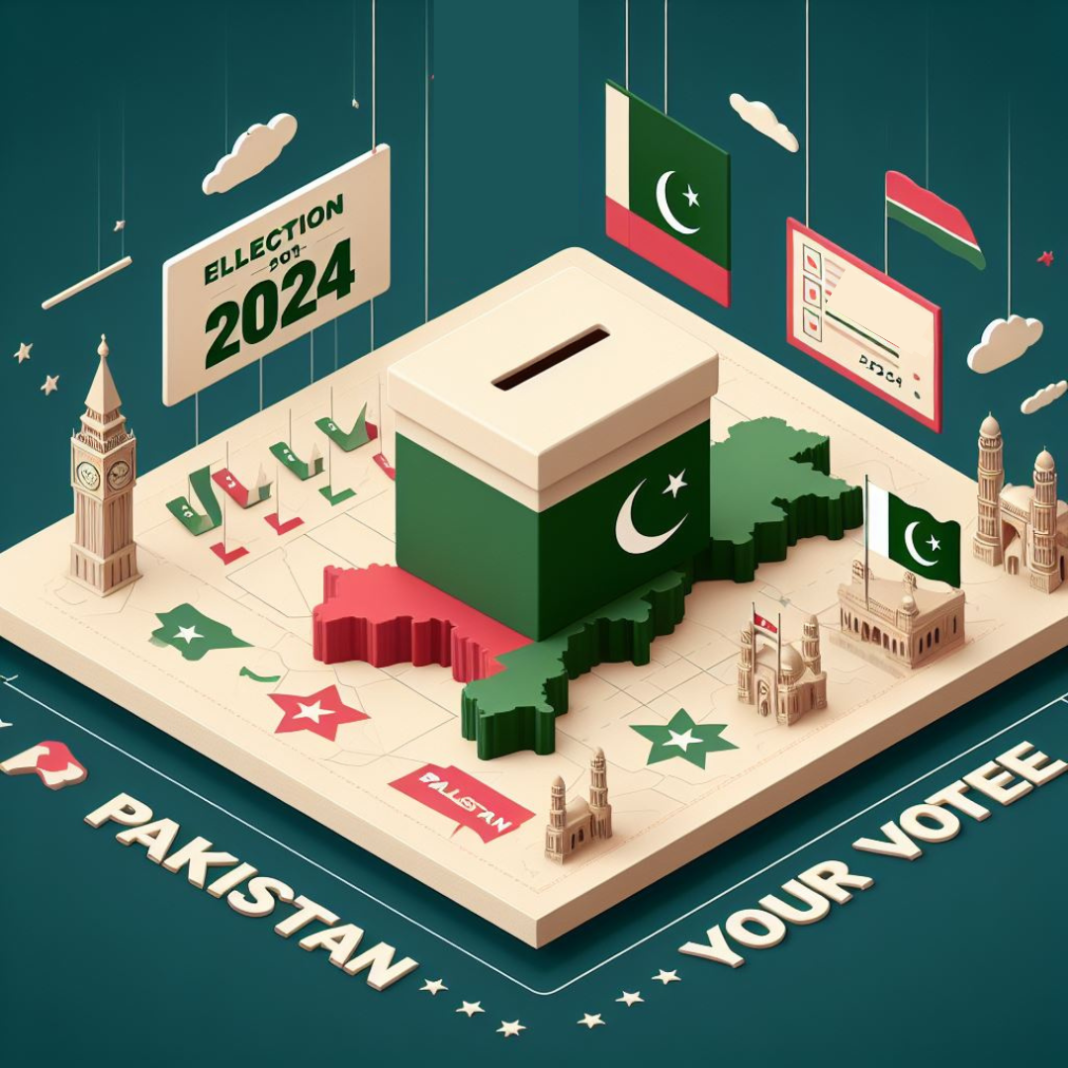In Pakistan, the excitement of the election season is a manifestation of the people’s attachment to democracy. The holding of the election instills a new sense of hope among the citizens and also gives rise to many kinds of rumors. There are also various kinds of speculations. At this time, politicians communicate with the people. Promises of relief are made to them, alliances are formed, and loud slogans of changing the destiny of the country are raised. In the midst of election activity, an important question arises: if the Election Commission of Pakistan (ECP) is considered incompetent to conduct transparent and fair elections, why does the nation continue to invest billions in the process? It becomes crucial to expose the complexities and challenges in the electoral system in Pakistan’s democratic journey. it requires the correct use of the ballot box to ensure its integrity and effectiveness.
It calls for strong institutions and an unwavering commitment to the rule of law that can hold those in power accountable. The role of the Election Commission is key in this regard. With the responsibility of monitoring free and fair elections, the ECP is expected to be an impartial arbiter upholding the democratic principles enshrined in the Constitution. However, in recent years, allegations of incompetence, bias, and electoral malpractice have damaged its reputation. Critics argue that the ECP’s failure to address these concerns is undermining the foundations of democracy in Pakistan. From disenfranchising voters to allegations of pre-election rigging and electoral fraud, every election cycle seems to reinforce the perception of a flawed and compromised electoral process. In such an environment, faith in the democratic system is lost, and voter disillusionment spreads. The question then arises: if the ECP is not able to fulfill its mandate effectively, then why are the elections still being held? The answer lies in the basic principles of democracy itself. Elections, however flawed, remain a symbol of democratic participation and engagement. They offer a mechanism for the peaceful transfer of power, however imperfect, and give citizens a voice in shaping their nation’s future. Furthermore, the alternative to elections – whether authoritarian rule or military intervention – poses enormous risks to Pakistan’s democratic aspirations.
While it is important to address flaws in the electoral process, abandoning elections altogether risks damaging progress towards democratic governance. However, simply holding elections is not enough to preserve democracy. Without real accountability and transparency, elections merely hide the concentration of power in the hands of a few. This is where the role of civil society, media, and international observers becomes important. Civil society organizations play an important role in monitoring elections, raising awareness about electoral irregularities, and advocating for electoral reforms. Similarly, a free and independent media acts as a watchdog, exposing corruption and holding those in power accountable for their actions. International observers provide additional oversight, enhancing the credibility of the electoral process and preventing potential abuses of power. In addition to external scrutiny, internal mechanisms within the ECP must be in place to ensure accountability and transparency. This includes strict measures to prevent voter fraud, stronger mechanisms to adjudicate electoral disputes, and greater transparency in the electoral process. It is only through such reforms that the ECP can regain the confidence of the voters and fulfill its mandate effectively. Furthermore, the enormous cost of elections in Pakistan is a challenge to a country plagued by poverty, inequality, and underdevelopment with scarce resources. Billions of rupees are spent on elections, covering everything from logistics and security to advertising and campaigning. Yet, if the results of these elections are predetermined or marred by irregularities, one has no choice but to question the wisdom of such expenditures.
However, one must weigh the cost of elections against their value to democracy. There is undoubtedly room for greater efficiency and accountability in the distribution of electoral resources, but an investment in free and fair elections is an investment in Pakistan’s future. It is an investment in democracy, the rule of law, and the rights and freedoms of its citizens. Finally, the Pakistani election campaign illustrates the challenges and contradictions inherent in the pursuit of democracy. Although flaws in the electoral process are undeniable, the solution does not lie in abandoning elections altogether but in strengthening democratic institutions, streamlining accountability, and promoting transparency. Only through such reforms can Pakistan realize its democratic aspirations and fulfill the promise of a truly representative government.




